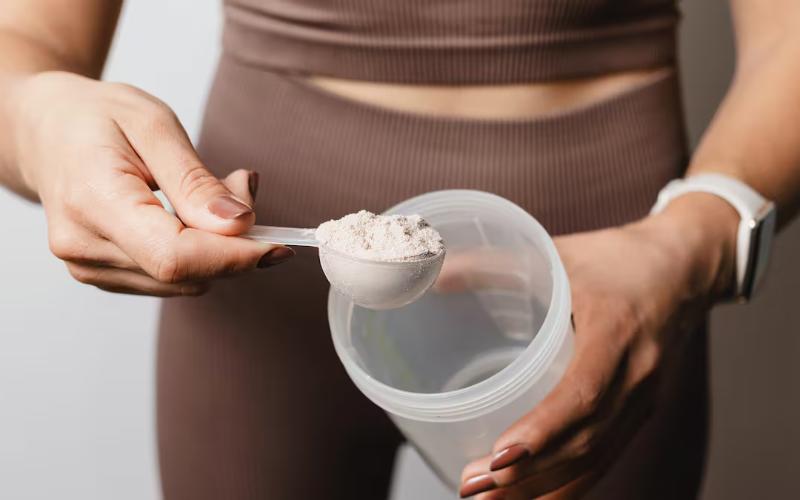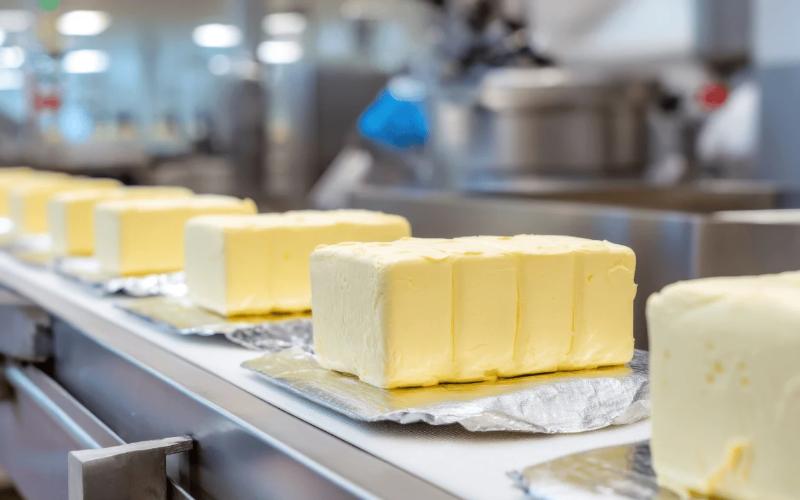USDA Allocates $263 Million For Dairy & Agricultural Products To Support Food Banks

The United States Department of Agriculture (USDA) has committed to purchasing up to $263 million in dairy and agricultural products. This initiative falls under Section 32 of the Agriculture Act of 1935 and is intended to bolster nutrition assistance programs and food banks across the nation. USDA Secretary Brooke Rollins highlighted that this effort aims to stabilize farm income and protect rural jobs by converting agricultural harvests into meals.
The breakdown of the purchases includes $75 million for butter, $32.5 million for cheddar cheese and cheese products, $10 million for Swiss cheese, and $20.5 million for fresh fluid milk. Additionally, $10 million will be spent on ultra-high temperature milk. These products will be essential in supporting food banks and nutrition programs.
Beyond dairy, the USDA’s purchase plan covers a variety of agricultural products such as chickpeas, dried beans, fresh pears, lentils, pecans, split peas, and walnuts, with individual allocations ranging from $10 million to $25 million. Secretary Rollins emphasized the importance of these purchases in sustaining the agricultural economy and reinforcing the food supply chain.
The USDA’s action is designed to inject critical dollars into local economies while ensuring that American families have access to nutritious food. By targeting a wide range of products, the USDA seeks to provide comprehensive support to both producers and consumers during challenging economic times.


